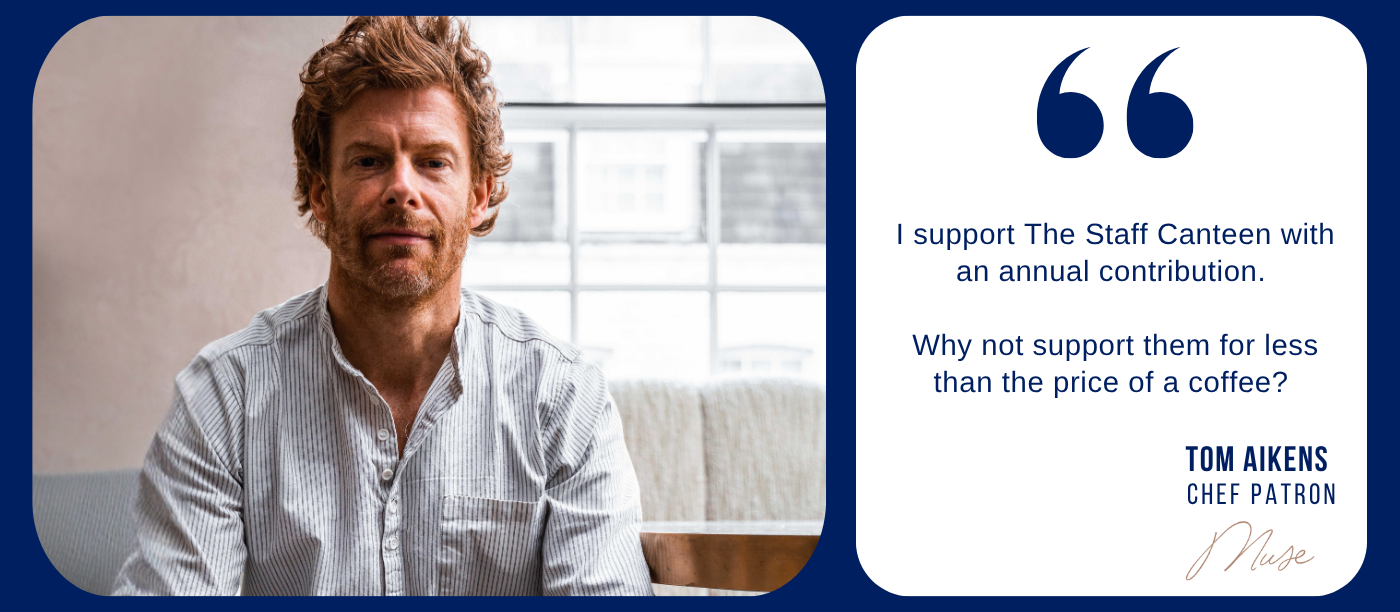provenance. Many farmers grow their own feed ( hay, silage, barley etc) but those who buy in, must do so from an approved feed merchant."
The QMS chain of assurance also includes feed companies and they too are independently inspected in much the same way as we look at farms. Mills are visited to check that the source, the quality of the product and the working procedures meet our standards.

“Traceability is the other major element of our scheme," said John. "Ear tags and movement records have to be checked thoroughly. Not only to see that the farmers are keeping accurate records, but also to check that the farm assurance chain is never broken. If additional animals are bought from a farm or farms that are not assured - the chain has therefore been broken and these animals can no longer be sold as Scotch Beef PGI or Scotch Lamb PGI."
Traceability is now required by every link in the chain and is very important to abattoirs, butchers, retailers and all who use the Scotch brands. Driven by “horsegate” – it is paramount to be able to trace back to source if problems arise .
John said: “Buildings and handling facilities are also checked to see if they are suitable for purpose. The breed of cattle or sheep must be suitable for that environment, but also we make sure that their handling facilities are safe not only for the animal, but also for the farmer. Accommodation can vary from lovely straw-berried cattle courts to slats which are often found on the Scottish islands where it is hard to grow cereals for straw."
The bottom line is QMS Assurance doesn’t just cover what the farmer does. It covers feeds, transport, auction markets, all the way through to the abattoir.
Throughout this entire timeline, animals can be stressed. It’s John’s job to make sure the farmers, the first link in the chain, keep the animals as calm as possible.

“Animals are a bit like us," said John. "They want to live in a calm cosy environment with as little stress as possible! QMS assurance makes this happen."
Scottish farmers have truly embraced Farm Assurance. Now 95 % of beef, 85% of lamb and 100% of pork produced in Scotland is Farm Assured. Although he probably stands at a biased viewpoint, John believes that Scotch Beef and Scotch Lamb are the best in the world.
He said: "People seem to want Scotch Beef more and more, and the complete chain of assurances give it a real edge. It’s good healthy stuff, the care we take on the farm and the links in the assurance schemes mean we know these animals have been well looked after for the entire journey from birth to plate.”

















